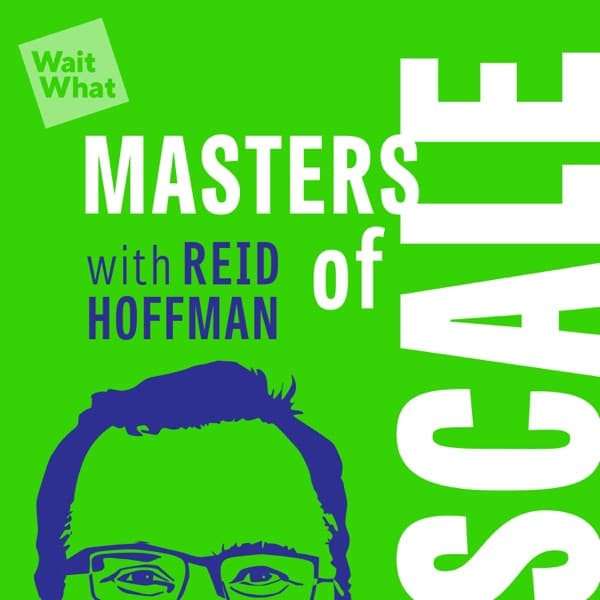All-In Podcast: The Democratic Party is perceived as pro-capital despite presenting itself as pro-labor, leading to a potential decline in its support base.
Modern Wisdom: The speaker reflects on unteachable lessons, reverse charisma, and the importance of self-worth over external validation.
All-In Podcast - Chamath: Trump Created an Identity Crisis in the Democratic Party
The discussion highlights a perceived contradiction in the Democratic Party's policies, which are seen as favoring capital holders despite the party's traditional pro-labor stance. This is contrasted with the Republican Party's shift under Trump towards populism and pro-labor policies. The Democrats are criticized for being 'sophisticated liars' as their policies under Biden have led to record high stock markets, deficits, illegal immigration, and wage suppression, all benefiting capital holders. This perceived deception is leading to a decline in the Democratic Party's support base, potentially reducing it to a small fraction of the population unless significant changes are made.
Key Points:
- Democratic policies favor capital holders despite a pro-labor image.
- Republicans have shifted towards populism and pro-labor under Trump.
- Biden's tenure saw record highs in stock markets and deficits, benefiting asset owners.
- Democrats face a shrinking support base due to perceived policy contradictions.
- A major reset is needed for Democrats to rebuild their support base.
Details:
1. 🗳️ Democratic Policies and Capital Holders: A Complex Relationship
1.1. Democratic Policies Favoring Capital Holders
1.2. Capital Holders' Discontent with Democrats
2. ⚖️ Labor vs. Capital: The Political Pendulum
- The ongoing conflict in Western societies is characterized by a pendulum swing between labor and capital.
- Traditionally, Republicans have been viewed as pro-capital, while Democrats have been seen as pro-labor.
- Historically, shifts in power have led to changes in policies, affecting economic inequality and labor rights.
- During the industrial revolution, capital interests dominated, leading to significant economic growth but also increased inequality.
- The New Deal era marked a swing towards labor, with policies that improved workers' rights and reduced inequality.
- Recent decades have seen a shift back towards capital, with deregulation and tax cuts benefiting the wealthy.
- Understanding these dynamics is crucial for predicting future policy changes and their socio-economic impacts.
3. 🎭 The Pro-Labor Facade of Democrats
- Under Biden's administration, record-high stock markets primarily benefited asset owners, reflecting policies favorable to capital rather than labor.
- The administration oversaw record-high deficits, which could strain future government spending on social programs.
- Illegal immigration reached record highs, potentially impacting labor markets by increasing competition for low-wage jobs.
- Wage suppression was at a record high, undermining real income growth for workers, indicating a tilt towards capital interests.
- Despite these economic realities, Democrats maintained a pro-labor stance, showcasing a facade that contrasted with their economic policies.
4. 🔄 The Uncertain Future of the Democratic Party
- The Democratic Party is experiencing a significant decline in support, potentially reducing its base to only 15-20% of the population. This highlights an urgent need for reevaluation of strategies and policies.
- Currently, there is no robust foundational base for the Democrats to build upon, underscoring a strategic void that needs immediate attention to prevent further erosion of support.
- A comprehensive strategic overhaul, often termed a 'great reset,' is essential for the Democratic Party to regain its footing. This involves reassessing core values, policy priorities, and engagement with the electorate.
- Historically, similar situations have required innovative approaches and adaptability to shifting political landscapes, suggesting that the Democrats need to focus on modernizing their approach to maintain relevance.
- The lack of a clear and cohesive vision is a critical barrier, necessitating a unified strategy to effectively communicate goals and values to both current and potential supporters.
Modern Wisdom - #900 - 11 Lessons From 900 Episodes - Alex Hormozi, Mark Manson & Winston Churchill
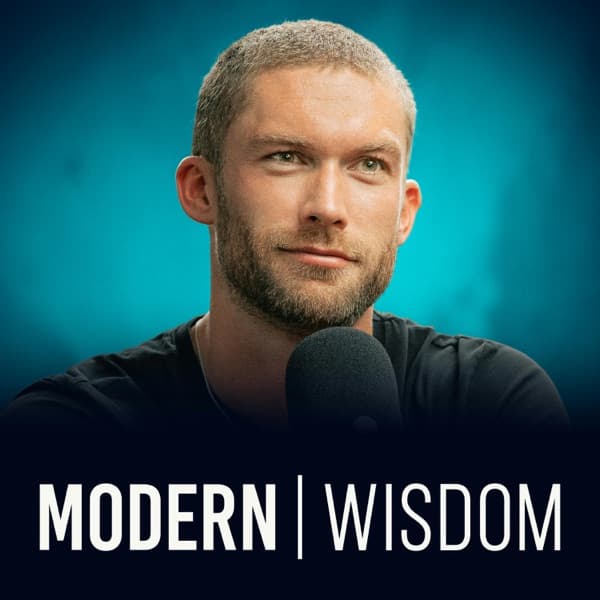
The speaker discusses the concept of 'unteachable lessons,' which are life lessons that people often ignore despite warnings, such as money not bringing happiness or the importance of spending time with family. These lessons are learned through personal experience rather than instruction. The speaker also introduces 'reverse charisma,' where the value of a person is in how they make others feel interesting rather than being interesting themselves. This concept is illustrated through anecdotes and studies, emphasizing the importance of creating meaningful connections. Additionally, the speaker highlights the significance of self-worth over external validation, arguing that neediness arises when one prioritizes others' opinions over their own self-perception. This insight is linked to the broader theme of authenticity and personal growth, encouraging listeners to focus on internal validation and genuine relationships.
Key Points:
- Unteachable lessons are learned through personal experience, not instruction.
- Reverse charisma focuses on making others feel interesting, not being interesting.
- Self-worth should be prioritized over external validation to avoid neediness.
- Deliberate de-optimization can help manage over-optimization in life.
- Authenticity in relationships is crucial for personal growth and satisfaction.
Details:
1. 🎉 Celebrating 900 Episodes: Key Takeaways
- The 900th episode marks a significant milestone, highlighting consistent content creation.
- Key lessons from the last 100 episodes are shared, derived from life experiences, reading, and the show.
- The host humorously acknowledges his facial hair, adding a personal touch to the celebration.
2. 🧠 Unteachable Lessons: The Hard Truths We Ignore
2.1. Introduction to Unteachable Lessons
2.2. Refusal to Learn from Warnings
2.3. Common Unteachable Lessons
2.4. Life Lessons and Regrets
2.5. Obvious Yet Ignored Insights and Surprise at Common Truths
2.6. Resistance to Accepting Lessons and Belief in Personal Exception
3. 🔮 Reverse Charisma: The Art of Making Others Feel Interesting
- The allure of fame, sexiness, adoration, and money often distracts individuals from truly meaningful aspects of life, such as quality time with family. This underscores the need for prioritizing personal relationships over superficial pursuits.
- Many people fail to recognize the importance of avoiding distractions until they experience significant setbacks or painful events, highlighting the necessity of mindfulness and focus in daily life.
- The concept of 'unteachable lessons' suggests that certain life insights, such as the dangers of distraction, can only be fully grasped through personal experiences as one ages.
- Despite the desire to expedite life lessons, most individuals get caught in cycles of distraction and burnout before gaining meaningful insights, illustrating the importance of learning from mistakes and being patient with personal growth.
- Practical advice includes being mindful of distractions and prioritizing meaningful connections, which can lead to a more fulfilling and less stressful life.
4. 💰 Wealth vs. Lifestyle: Are You Truly Rich?
- A recurring theme on the Modern Wisdom channel is the realization that wealth does not necessarily solve all problems, as expressed by individuals who have achieved significant financial success.
- There is a common desire among people to be wealthier, but few have reached what is known as 'fuck you money' or 'escape velocity' where money no longer dictates their life choices.
- The channel has shifted away from only showcasing stories of extreme wealth, which is seen as a positive development.
5. 🔧 Deliberate De-optimization: Balancing Perfectionism
- The concept of 'reverse charisma' is introduced, where people feel more interesting and engaged when they are around those who make them feel clever rather than being clever themselves.
- The story of Jenny Jerome, Winston Churchill's mother, highlights the impact of 'reverse charisma' when she felt clever after dining with Prime Minister Benjamin Disraeli, compared to feeling he was clever after dining with William Gladstone.
- The idea challenges the common desire for personal charisma, suggesting that the ability to make others feel interesting and valued is more impactful.
- People often seek friends who make them feel full of stories and engaged, rather than those who overshadow them with their own charisma.
- The measure of a person's appeal can be how much they tolerate and appreciate our full selves without requiring us to edit ourselves.
- Feeling comfortable to explore deep and complex emotions and realities around certain people is emphasized as a significant factor in forming strong connections.
- Reverse charisma involves being curious, patient, and encouraging, making people feel at ease with their own strangeness and encouraging deeper conversations.
- The appeal of those who possess reverse charisma is in making others feel safe to explore and express themselves.
- The realization that building reverse charisma is accessible to anyone through genuine curiosity and patience, unlike traditional charisma which can be challenging to cultivate.
6. 💬 The Value of Reverse Charisma in Conversations
- Being someone who makes others feel interesting is often more effective than trying to be interesting yourself.
- The pick-up artist movement's complex strategies aimed to make individuals appear interesting, yet simpler approaches can be more impactful.
- A study demonstrated that a person who simply listened and prompted conversation was perceived as interesting, despite revealing nothing about themselves.
- Collaborative conversations, where the focus is on engaging the other person rather than competing for attention, tend to be more fulfilling.
- An experiment in changing competitive games to focus on creating beauty and engagement showed improved participation and enjoyment.
- Realizing that it's not always necessary to be the most interesting person in the room can lead to deeper and more meaningful interactions.
7. 💸 Rethinking Success: Lifestyle Over Wealth
7.1. Understanding Comfort and Charisma
7.2. Rethinking Wealth and Richness
7.3. Materialism and Happiness
8. 📈 The Trap of Constant Optimization
8.1. The Illusion of Status and Promotions
8.2. The Problem with Over-Optimization
8.3. Deliberate De-Optimization Strategy
8.4. Balancing Optimization Across Life Domains
9. 🏖️ Productivity vs. Busyness: Finding True Value
9.1. RP Hypertrophy App Overview
9.2. Joe Hudson's Productivity Insight
9.3. Career Transition: From Operator to Idea Generator
9.4. Understanding the Illusion of Busyness
9.5. Busyness as a Measure of Self-Worth
9.6. Societal Bias Toward Busyness
10. 🤔 Transition from Doing to Thinking: A Career Shift
10.1. Obsession with Conspicuous Productivity
10.2. Achieving Goals, Satisfaction, and Savoring Success
10.3. Regrets of Overworking
10.4. Purpose of Productivity
10.5. Transition from Grunt Work
10.6. Reevaluating Priorities
11. 🏳️🌈 Bisexual Prejudice: Insights into LGBTQ+ Dynamics
- Research involving 288 gay and lesbian participants revealed that both gay men and lesbians hold more negative views of bisexuals of the same sex than those of the opposite sex.
- Gay men were more likely to perceive bisexual men as having an unstable sexual orientation and as secretly gay, while lesbians viewed bisexual women as secretly straight and primarily attracted to men.
- Lesbians' negativity towards bisexual women compared to gay men is statistically explained by their greater tendency to perceive bisexual women as primarily attracted to men.
- The study highlights significant bisexual prejudice within the gay community, with distinct gender dynamics suggesting bisexual individuals face internal persecution within the LGBTQ+ community.
12. 🎭 The Dangers of Public Expectations: Fake It Until You Make It
12.1. Birth Order Effect and Sexual Orientation
12.2. Public Persona and Private Expectations
12.3. Social Consistency Bias and Its Risks
12.4. Case Study: Alex O'Connor's Veganism
12.5. Personal Relationships and Public Scrutiny
13. ❤️ Relationship Insights: Finding True Connection
13.1. Privacy and Public Perception
13.2. Neediness and Self-Worth
13.3. Choosing a Partner
13.4. Relationship Evaluation
13.5. Key Marriage Insight
14. 💪 Self-Improvement and Empathy: A Balanced Approach
- Men should focus on self-improvement by addressing their own shortcomings rather than blaming women for perceived high standards.
- The narrative challenges men who feel frustrated by societal standards to take responsibility for their own personal growth and social confidence.
- Empathy for men's struggles is crucial, but it must be balanced with personal accountability and action.
- Social confidence training, diet, and hairstyle advice are examples of actionable steps men can take to improve themselves.
- Empathy is not a zero-sum game; supporting men does not mean undermining women.
- It's important to focus on building relationships with well-adjusted individuals rather than fixating on negative stereotypes.
- Practicing empathy involves understanding and supporting men's challenges while encouraging constructive self-improvement.
15. 📚 Book Recommendations and Closing Thoughts
- A curated list of 100 impactful books is available, featuring descriptions and purchase links.
- Books cover fiction, nonfiction, and real-life stories, selected for their life-changing impact.
- The list is accessible for free at chriswillx.com/books.
Included Channels
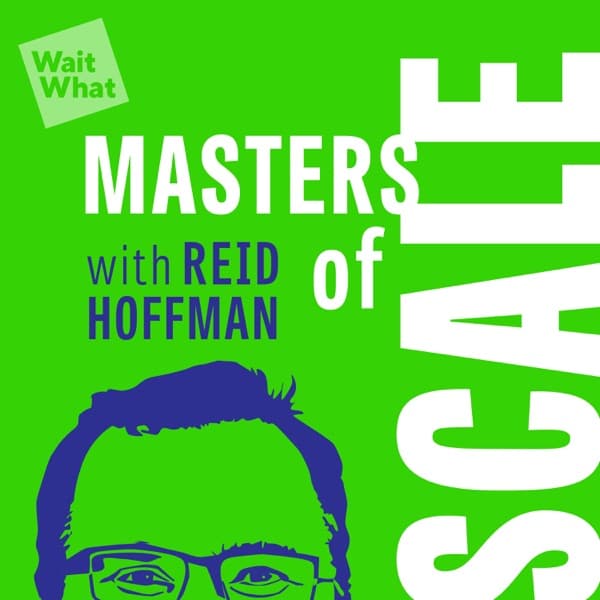 Masters of Scale
Masters of Scale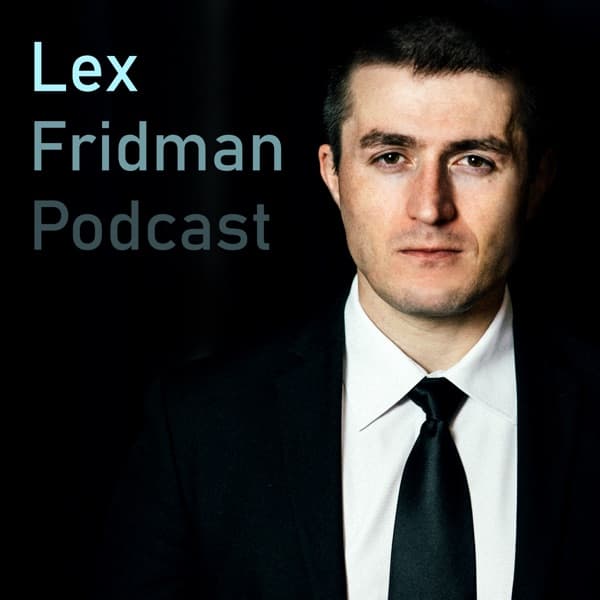 Lex Fridman Podcast
Lex Fridman Podcast All-In with Chamath, Jason, Sacks & Friedberg
All-In with Chamath, Jason, Sacks & Friedberg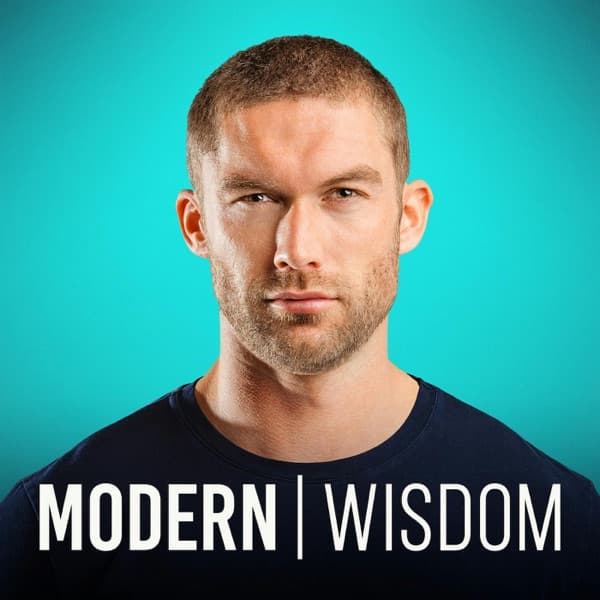 Modern Wisdom
Modern Wisdom a16z Podcast
a16z Podcast Lenny's Podcast: Product | Growth | Career
Lenny's Podcast: Product | Growth | Career No Priors AI
No Priors AI The Twenty Minute VC (20VC): Venture Capital | Startup Funding | The Pitch
The Twenty Minute VC (20VC): Venture Capital | Startup Funding | The Pitch How I Built This with Guy Raz
How I Built This with Guy Raz BG2Pod with Brad Gerstner and Bill Gurley
BG2Pod with Brad Gerstner and Bill Gurley TechCrunch Startup News
TechCrunch Startup News Y Combinator Startup Podcast
Y Combinator Startup Podcast

